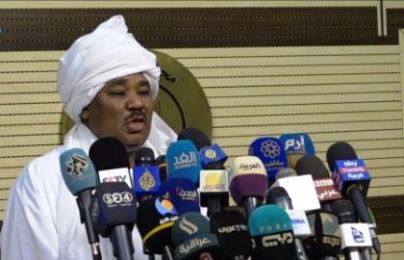Sudan’s FFC rejects partial liberalization of commodities prices
February 16, 2020 (KHARTOUM) – The Forces for Freedom and Change (FFC) in Sudan Sunday rejected the recent decisions to partially liberalize the prices of fuel and wheat pointing that it violates previous understandings concluded in late December with the Transitional Authority.

This measure created two prices for the fuel, one entirely subsidized and another partially subsidized. Similar measures have been enforced for the bread.
In a letter to the Prime Minister, the Forces for Freedom and Change denounced the recent decisions allowing two companies to import gasoline and to sell with a commercial price.
The FFC said this measure is a breach to an agreement reached with the government on 28 December providing to not lift subsidies of basic commodities and to hold a national economic conference in March to discuss alternatives to deal with the budget deficit.
A national economic conference was held next March to discuss all issues of the national economy, including alternatives to lifting subsidies and closing the budget deficit.
The ruling coalition once again accused the government starting to implement “The International Monetary Fund recipe which has led to negative repercussions on the economies of the countries that applied it”.
The letter stressed there are other alternatives the government can implement instead of cancelling commodities subsidies.
The FFC is hostile to the IMF plan to implement critical reforms to address major macro imbalances and create the conditions for sustained inclusive growth.
These reforms provide to expand a social safety net for the poor families and to stop subsidies for basic commodities.
The FFC says the government, instead, can take control of the huge military industry which includes factories manufacturing vehicles and mining industry.
They also propose the state’s entry into gold and gum Arabic industry, increase taxes on luxury goods among others.
On 27 December, Finance Minister Ibrahim al-Badawi said that the first budget under the post-al-Bashir area includes positive changes, citing doubling spending on health and education, preventing the imposition of any school fees, providing a free school meal for pupils in the country. Also, the budget guarantees free hospital treatment and increases salaries by 100%.
On the fuel prices, al-Badawi said that the cabinet authorized the lifting of subsidies in principle without elaborating.
(ST)
